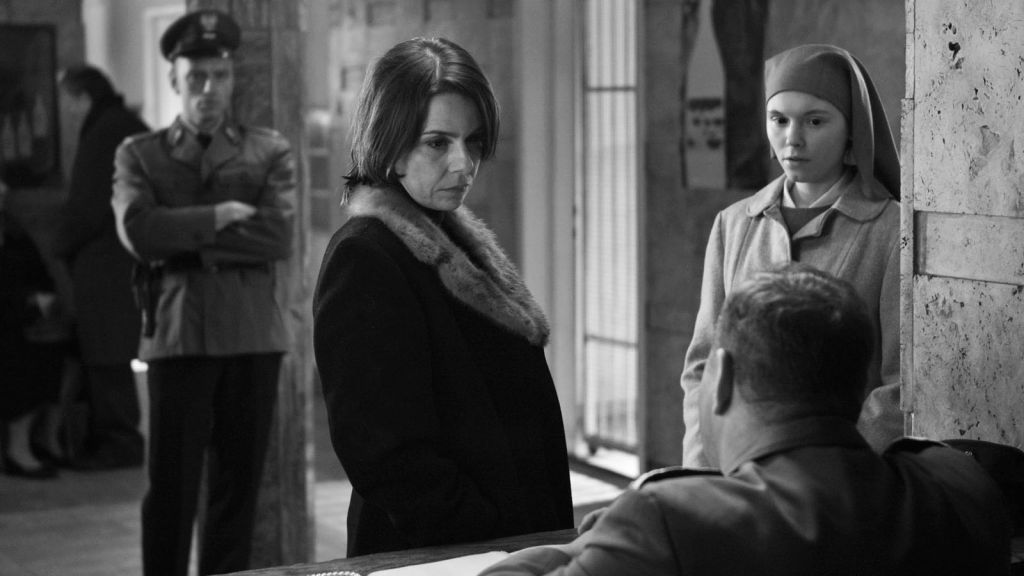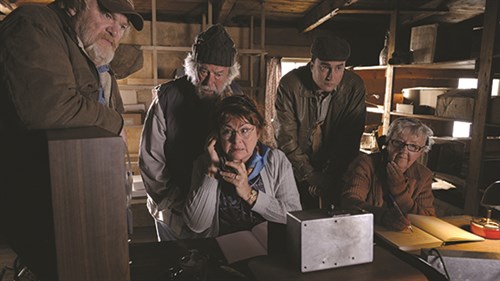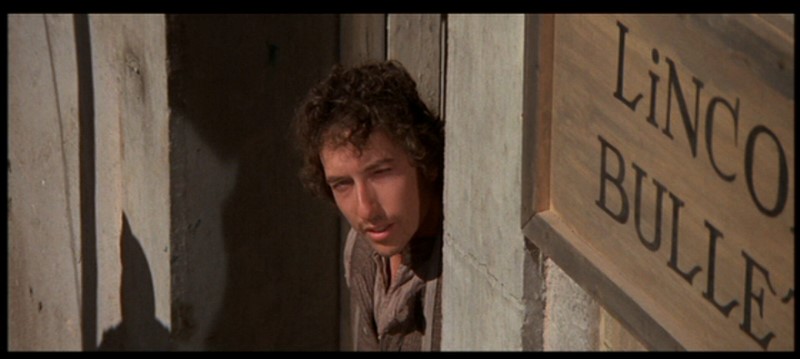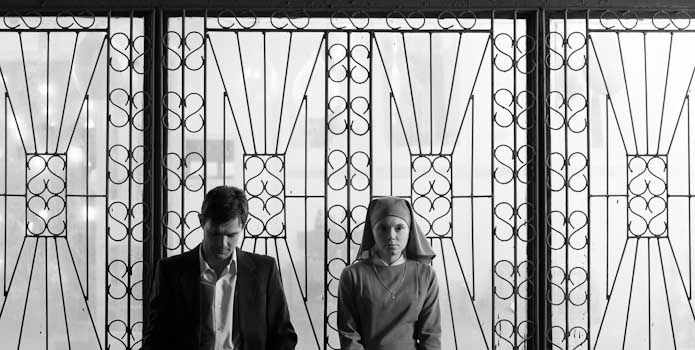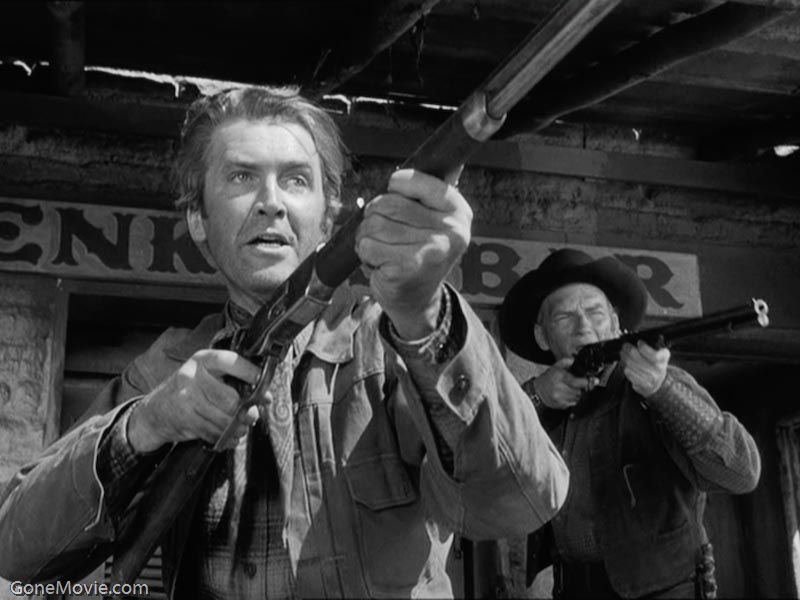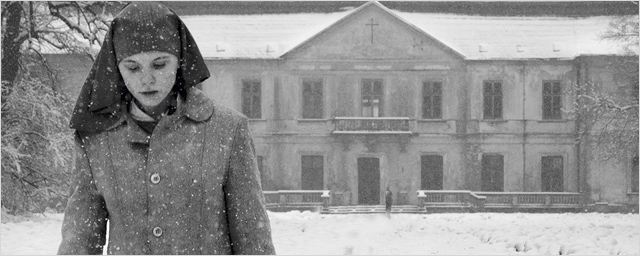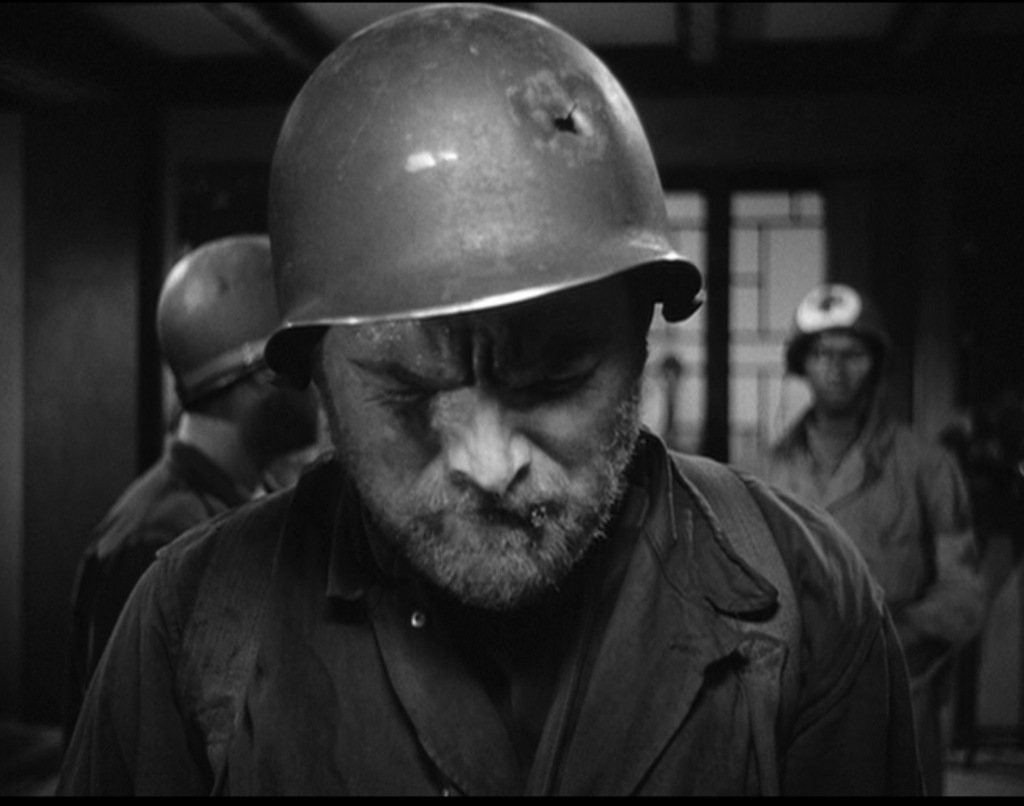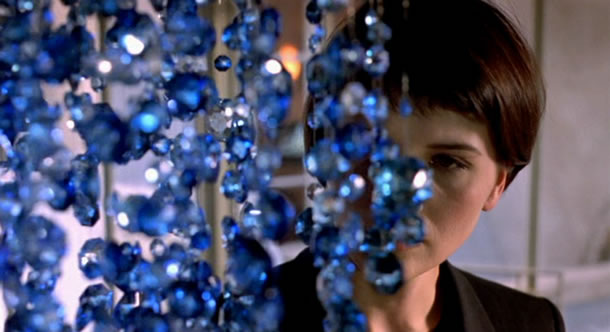
This a GREAT WEEK for cinema. The wonderfully wry German dark comedy A Coffee in Berlin opens today. In a brilliant debut feature, writer-director Jan Ole Gerster has created a warm-hearted but lost character who needs to connect with others – but sabotages his every opportunity. Besides laughing through A Coffee in Berlin, you’ll probably also notice the singularly complementary soundtrack and the vivid sense of time and place.
And don’t miss the two MUST SEE movies out now. The first is the Canadian knee-slapper The Grand Seduction – the funniest film of the year so far and a guaranteed audience pleaser. The second is my pick for the year’s best movie so far – the Polish drama Ida, about a novice nun who is stunned to learn that her biological parents were Jewish victims of the Holocaust – watching shot after shot in Ida is like walking through a museum gazing at masterpiece paintings one after the other. Ida may only be in theaters for another week or so.
Here are other good movie choices:
- Gore Vidal: The United States of Amnesia, an affectionate portrait of the novelist/provocateur who invented snark.
- The raucous comedy Neighbors is a pleasant enough diversion.
My DVD/Stream of the week is the Italian Caesar Must Die, with maximum security prisoners putting on a performance of Shakespeare’s Julius Caesar. Caesar Must Die is available on DVD from Netflix and streaming on Netflix Instant, Amazon, iTunes, Vudu and Hulu.
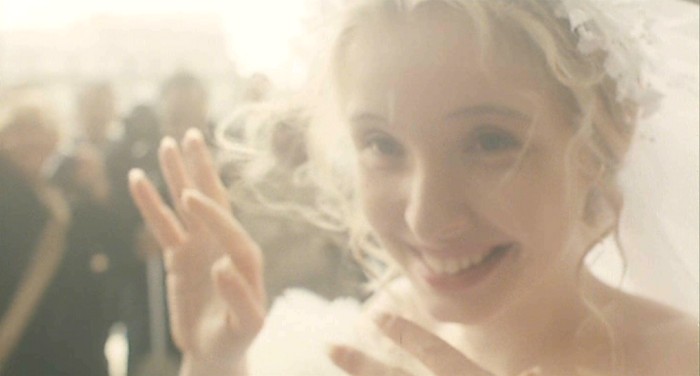
Okay, fire up the DVR for something special coming up on June 22 on Turner Classic Movies: the masterpiece Three Colors trilogy Blue, White and Red from the mid-1990s. The films are in French, and made by the director that I may admire more than any other, Krzysztof Kieslowski of Poland. The first film, Blue, stars Juliette Binoche and addresses grief; it is somber but its humanity is inspiring. Julie Delpy stars in White the second and much lighter film – a relationship dramedy. In Red, Irene Jacob stars in a story about how strangers treat each each other in modern society, with a redemptive conclusion to the trilogy. Together, the three movies profoundly explore aspects of the human condition, and the result is evocative, intelligent and emotionally satisfying. The stories of the three films intersect – and you can spot the characters from the first two movies in the third.
Kieslowski labored in obscurity in Communist Poland until he attained European recognition and US art house hits with The Decalogue (1988) and The Double Life of Véronique (1990). The Blue/White/Red trilogy came out in 1993 and 1994 to international acclaim, but Kieslowski, reportedly suffering from AIDS, had to retire and died two years later at age 54. I can’t imagine what cinematic masterpieces would have been produced in two more decades of Kieslowski.
Just so folks can calibrate my taste, I keep a list of the 50 Greatest Movies of All Time, and the Blue/White/Red trilogy is in the first ten films on that list. This trilogy is very special – and perfect for binge viewing.


